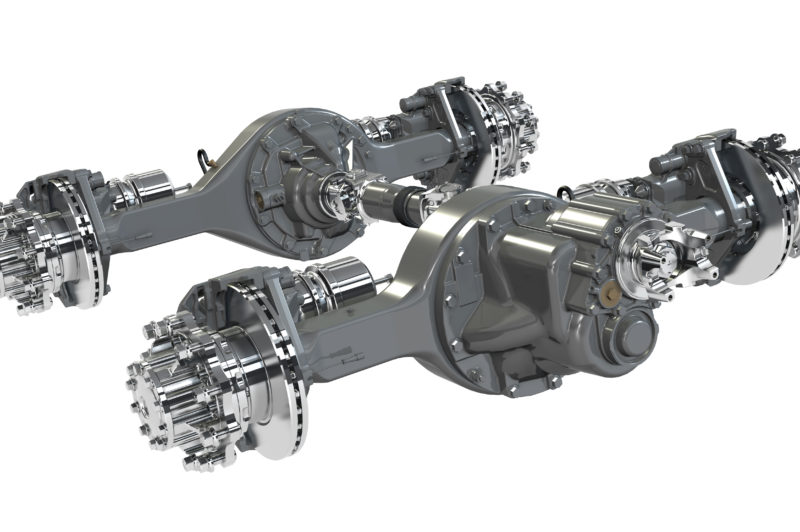
Equipment

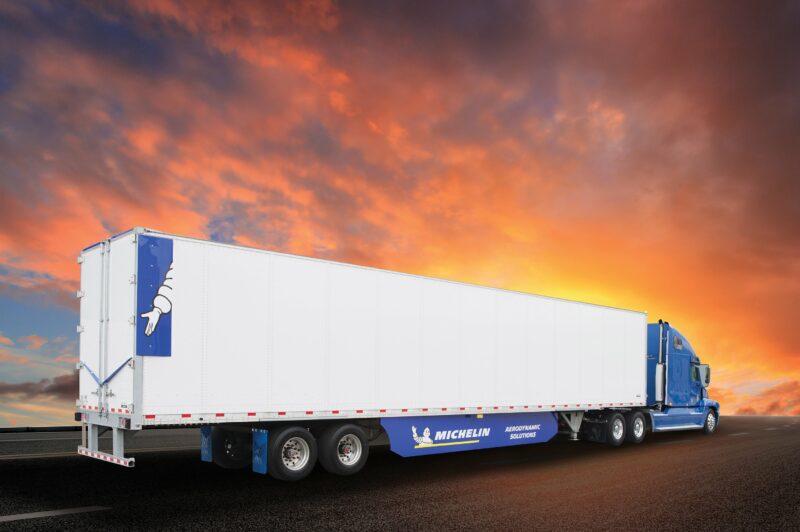
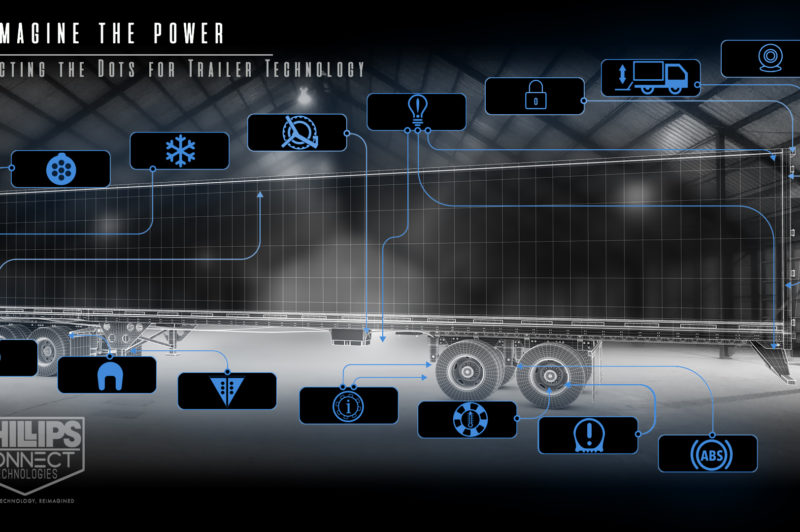
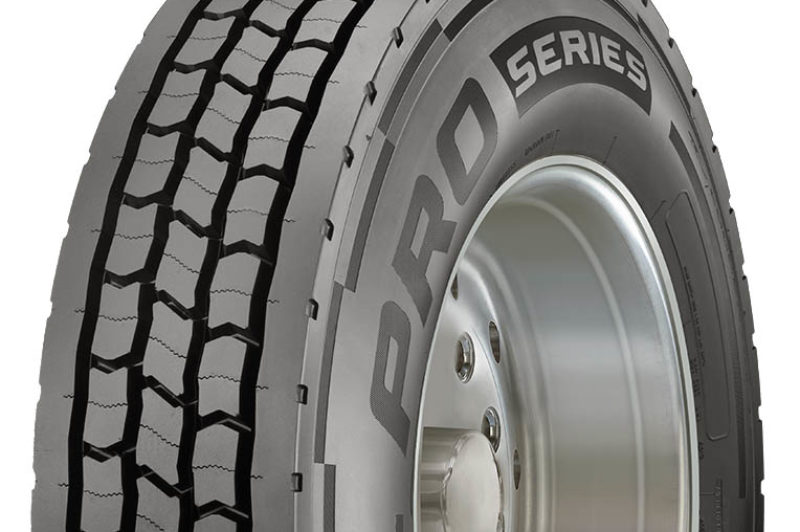
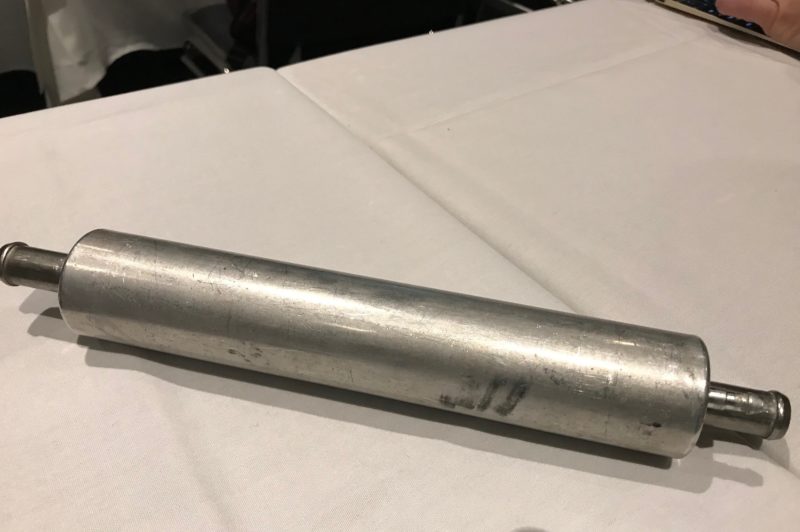
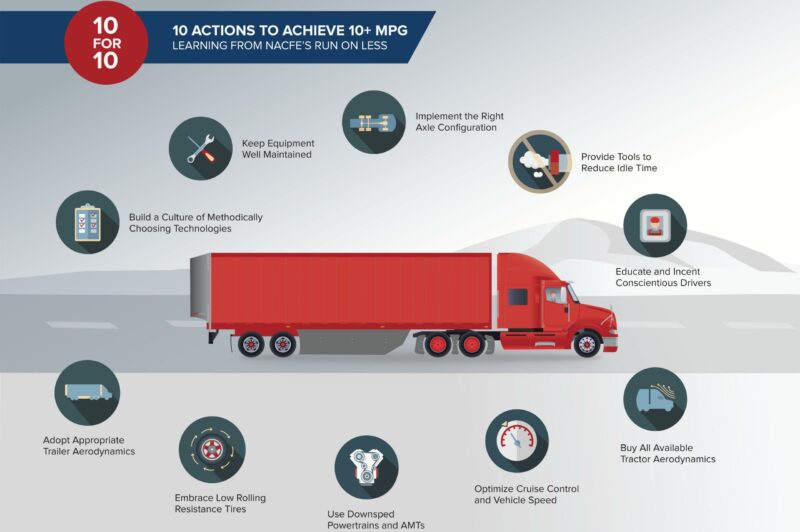
Expect more Run on Less from NACFE
The North American Council for Freight Efficiency has unveiled a new look and redesigned website (www.nacfe.org) as it widens its focus beyond the fuel-saving equipment and components on the road today. The organization’s original goal was to promote the doubling of freight-moving efficiency. And the recent Run on Less event proved that target is “pretty practical”, said executive director Mike Roeth, during a briefing at the Technology and Maintenance Council’s annual meeting. Seven trucks participating in Run on Less proved an average of 10.1 mpg (23.3 L/100 km) is possible with existing technologies, and under real-world operating conditions. This compares to a national average of 6.4 mpg (36.75 L/100 km), and U.S. Department of Energy super trucks achieving 11-13 mpg (21.38-18.09 L/100km).
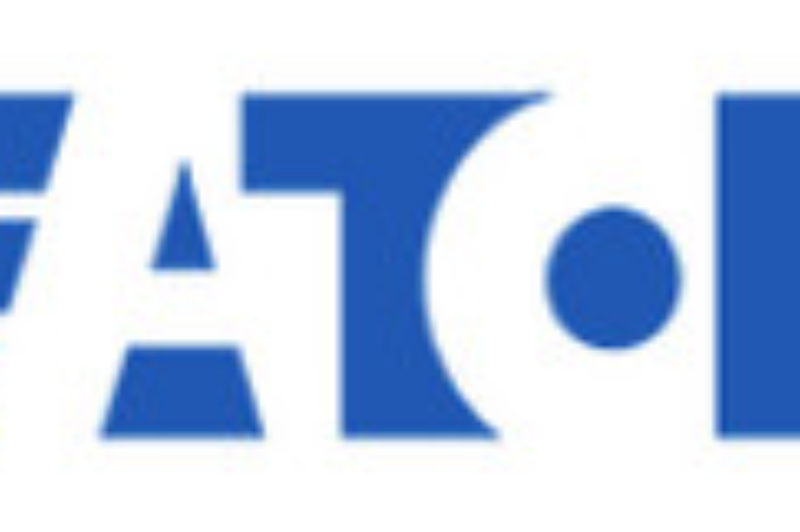
Eaton taps into electric, connected expertise
ATLANTA, Ga. – Eaton’s commercial vehicle group is leveraging broader automotive and electric expertise as it prepares for a future that is increasingly electrified and connected. A newly launched e-mobility business segment – combining elements of the company’s vehicle group and electrical business – is one of the latest signs of that. “There’s going to be a requirement for more power electronics on board,” observed Larry Bennett, director of vehicle technology and innovation, referring to the possibility of three-voltage systems on commercial vehicles. Eaton Electrical, currently responsible for 60% of company revenues, will help to apply lessons from buildings, leading to new smart power management tools and power distribution strategies, he said. There’s already been an increase in electric powertrains for buses and lighter vehicles, of course. And Eaton expects fully electric valvetrain actuation to be a reality within a decade. Hydraulic lash adjustments, now used in passenger cars, could soon manage intakes and exhaust in heavy vehicles as well.
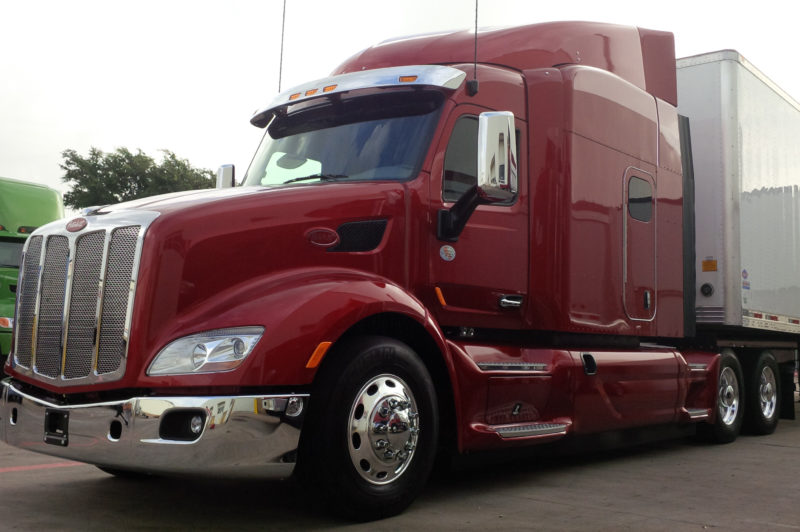
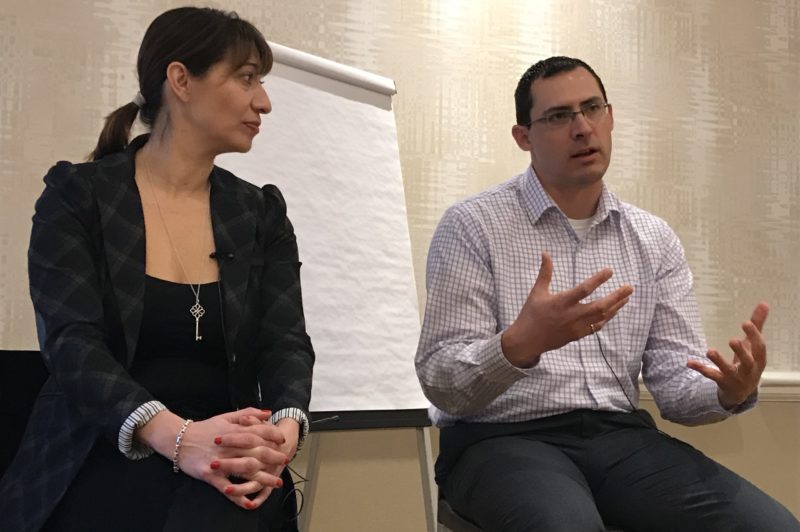
Border can represent a technical divide
NASHVILLE, Tenn. – Marc Greco, manager of corporate solutions with Challenger Motor Freight, was direct when he summed up a comparison of Canadian and U.S. trucking operations. “We do things slightly differently,” he told a crowd at Omnitracs’ Outlook user conference in Nashville, Tenn.

Strong 2017 leads Daimler to focus on uptime, expansion, and connectivity in 2018
PORTLAND, OR – Capturing nearly 40% of the North American Class 6-8 truck market, it was a banner year for Daimler Trucks North America, and according to president and CEO Roger Nielsen, the company isn’t done yet. Daimler sold more than 470,000 trucks worldwide last year to the tune of more than CAN $57.7 billion in revenue and a 6.7% return on sales. Nielsen credits the strong year on sales of the New Cascadia, with 46,000 orders for the truck in the first year. That number is a significant boost over the first-year sales of the original model which sold about 25,000 units in its debut year.
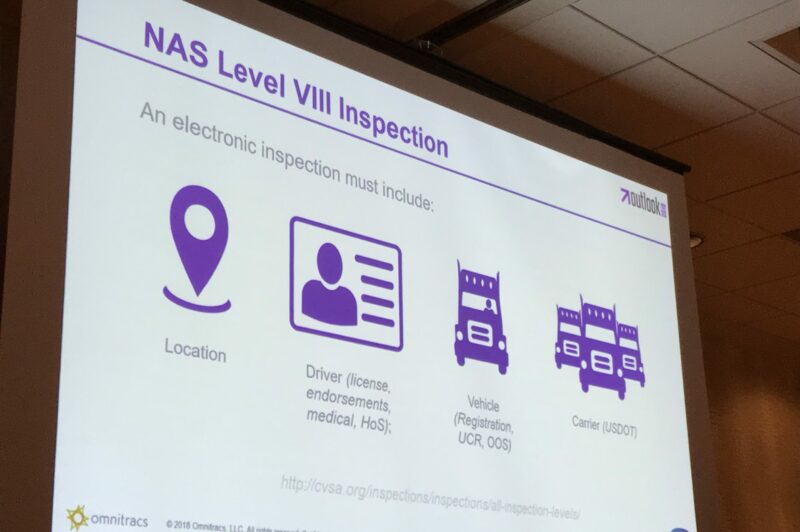
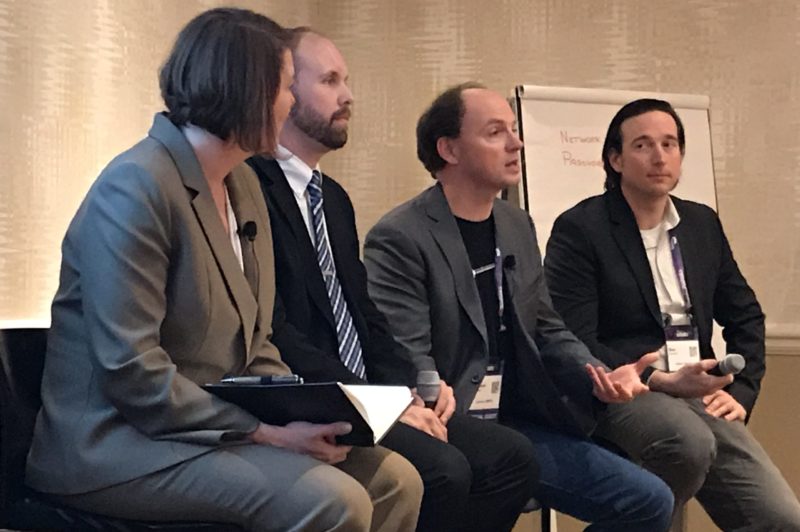
Cyberattacks are a real threat to trucking: panel
NASHVILLE, Tenn. – It can begin with someone surfing porn on a fleet tablet, clicking on the link in an email from someone who appears to be a trusted customer, or even using a poorly designed ELD. But no matter how a breach in fleet systems is created, the cybersecurity threats in trucking are all too real.

Welcome to the land of ELD confusion
NASHVILLE, Tenn. – The early days of enforcing a U.S. mandate for electronic logging devices (ELDs) have been marred by confusion over the workings of individual devices and more. Kerri Wirachowsky, director of the roadside inspection program for the Commercial Vehicle Safety Alliance (CVSA), refers to the example of one fleet that had installed Automatic On Board Recording Devices (AOBRDs) last February. Wirachowsky At first glance that device should be accepted, because it was installed before the mandate took hold on Dec. 18, and would be legal until Dec. 16, 2019. The problem is that the user hadn’t been able to reach the supplier to upload the related hours of service functions, she said during the Omnitracs Outlook user conference. That meant a ticket, and more frantic calls to the supplier.